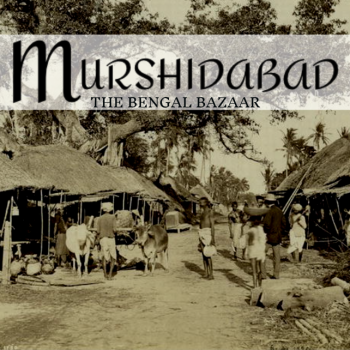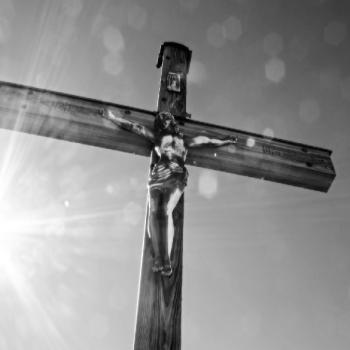Editors' Note: This article is part of the Public Square 2014 Summer Series: Conversations on Religious Trends. Read other perspectives from the Hindu community here.
Prime Minister Narendra Modi's victory cannot be reduced to fit a simplistic narrative about religious fundamentalism. Such a narrative is less a reflection of reality than the narrowness of the intellectual bandwidth conventionally used to frame international news coverage. It ignores the complexities of Indian history and identity, the civilizational place of India in world affairs, and most of all, the struggles and hopes of the American Hindu community with all its ethnic, linguistic, class, and generational diversity.
The present media consensus seems to be that Prime Minister Modi may be good for India's economy, but not so good for India's muti-religious fabric, which was supposedly cherished and protected by the Congress party for six decades. Although it is tempting to project a simple American Left-Right political framework on to India, it is inaccurate to assume the Congress stands for progressive values and the underdog while the BJP represents religious conservatives and the rich. Indian politics is more complex. Identity politics based not only on religion (Hindu and Muslim), but also caste, region, and language have played a powerful role in India for decades now, and the Congress has hardly been above profiting electorally from them. The Congress party may have shared its early history with the Mahatma's lofty ideals of representing all Indians while the BJP may have come from the opposite end (in its earlier avatar) as a Hindu nationalist organization. Today, the situation is different. Prime Minister Modi's position may well be the new center in Indian politics, and the "growth or secularism" dichotomy is simply untrue.
India is exhausted equally by superficial civilizational rivalries as it is by civilizational denial of the sort that the Congress's skewed secularism has come to be identified with. Narendra Modi's rise is related to both. In its present form, his position affirms a deeper Indian civilizational commitment to religious pluralism and co-existence and will not disturb India's constitutional commitment to secularism. At the same time, Mr. Modi's victory symbolizes a sense of civilizational restoration in Hindu identity. It was clear in the way he addressed the nation from the banks of the Ganga in the sacred city of Varanasi soon after winning the election. The symbolism cannot be interpreted as a mere nativist assertion of Hindu supremacism over minorities though. In many ways, the political symbolism of religion is different in India from the United States. In American politics, a president has to be seen going to church, even if he doesn't necessarily believe in the process. In India, it was almost the opposite. No leader from the majority religion could be seen asserting his religiosity for fear of seeming un-secular, until now. India's first and perhaps most influential Prime Minister, Jawaharlal Nehru, was nominally Hindu but secularized to the point of even rejecting his mentor Mahatma Gandhi's deeply religious vision for a more progressive and just world. Hinduism, to put it in context, did not occupy the same role in Indian political life that a majority religion in other nations would.
Mr. Modi's Hindu symbolism has to be seen in this light. Hinduism and even Hindu nationalism, such as that embodied by Mr. Modi, have come a long way in the wake of difficult political circumstances created by colonialism, partition, and postcoloniality. The civilizational ideal that Narendra Modi represents for most Hindus today, in India, and quite likely in the diaspora too, is the idea of a Hinduism that is universal (remains respectful of all faiths, a fact seen in his campaign manifesto and speeches), progressive (against casteism, as seen in Modi's humble lower-caste origins, for one thing), and rooted in intelligence as a guiding force for solving the world's problems (rather than brute force or blind faith). To those with predisposed views, Modi's campaign speeches might have appeared dramatic and rhetorical. But to those knowledgeable about Indian cultural nuances, they were anything but the ranting of an angry fundamentalist. Modi's words were respectful, insightful, and evocative of a very Indian sort of intelligence, practical and yet ethical too.
For Hindus in America, Modi's leadership will mark a promising opportunity to bring faith, culture, nation, and world together. There is a great deal of hope riding on what he does, not only for India, but also for symbolizing a Hinduism that is modern, strong, and still true to its universalism and respect for all faiths. For several years, Hindus in America have faced an embarrassing amount of disdain and prejudice in some intellectual and journalistic circles under the guise of opposition to Mr. Modi and Hindu nationalism.




